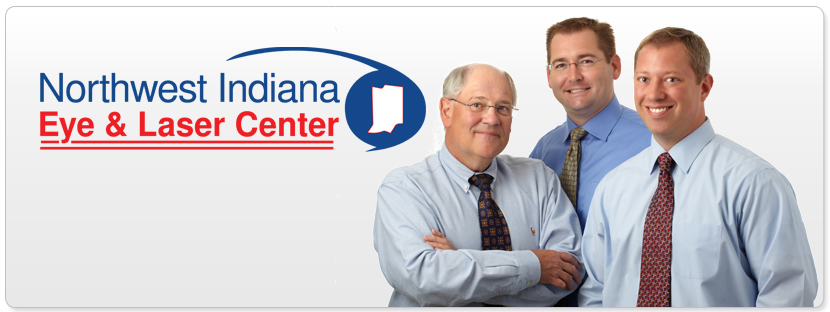We wanted to share some tips for buying “eye safe” toys as you make your list for this holiday season. Certainly, the kids and the toy manufacturers know what is popular, but often they are unaware of potential safety issues-especially eye safety issues. According to the Consumer Product Safety Commission, there are typically more than 250,000 toy-related injuries treated in U.S. emergency rooms in annually with more than 75% affecting children under 15 years of age. A serious eye injury from a toy can ruin a family's holiday and, more seriously leave a child with permanent vision loss.
Top Five Tips for Choosing Eye Safe Toys
1. Avoid purchasing toys with sharp, protruding or projectile parts.
2. Make sure children have appropriate supervision when playing with potentially hazardous toys or games that could cause injury.
3. If you plan to give sports equipment, provide appropriate protective eyewear with polycarbonate lenses. Check with your eye doctor to learn about protective eyewear recommended for your child's sport.
4. Check labels for age recommendations and be sure to select gifts that are appropriate for a child's age and maturity.
5. Keep toys that are made for older children away from younger children.
We wish you a happy holiday season. If you need help with guidance on toys or protective eyewear for children, please call Northwest Indiana Eye & Laser Center at 219-464-8223, or visit Northwest Indiana Eye & Laser Center, Google+ or facebook.com/nwindianaeyeandlaser.
Northwest Indiana Eye & Laser Center offices are located at 502 Marquette Street, Valparaiso, Indiana 46383 and 1001 South Edgewood Drive, Knox, Indiana 46354.

